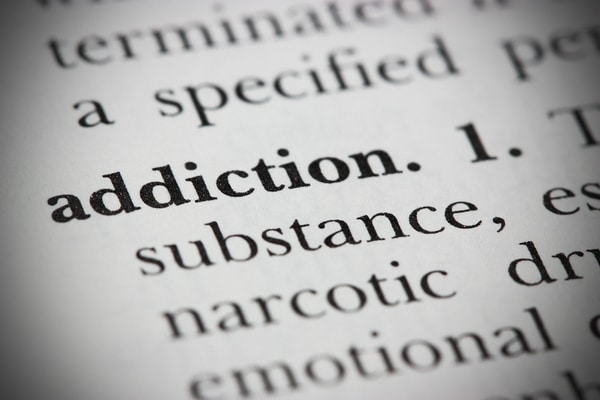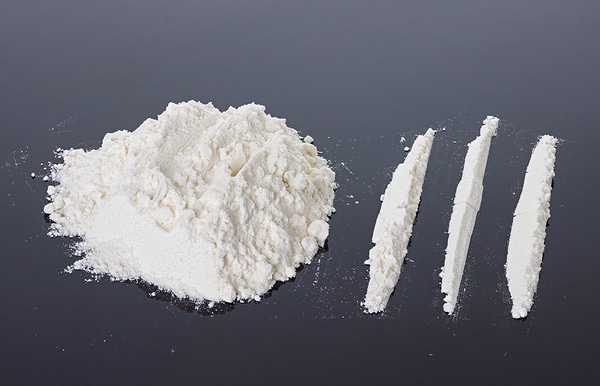
Cocaine is addictive, expensive, and potentially deadly.
Dubbed “the caviar of street drugs,” cocaine, also known as coke, is an expensive way to get high. It’s also a high-abuse and high-dependency risk that often leaves behind a trail of destruction in its wake. Wondering why cocaine is so addictive and why its effects are so significant? Here’s a closer look at this lethal drug, along with how substance/cocaine abuse treatment plays a vital role in helping people break free of its grip.
The 411
Made with coca plant leaves native to South America, cocaine is a highly addictive stimulant drug. And while it can be used for valid medical purposes, it presents a significant threat as a street drug.
Cocaine can be snorted through the nose, rubbed into the gums, or dissolved in water and injected into the bloodstream. It can also be processed into a rock crystal, called “crack,” and smoked. Most cocaine users take the drug in binges in order to maintain the high.
Cocaine and the Brain
Cocaine increases levels of norepinephrine, serotonin, dopamine, and other neurotransmitters in the brain by blocking communication and presenting their reabsorption. This leads to a chemical buildup and temporary “high.”
While the short-term effects of coke, including euphoria, high energy, and mental alertness, are appealing, there are also less pleasing short-term effects, such as irritability and paranoia. These effects come on almost instantly and last anywhere from several minutes to an hour depending on the method of use, according to the National Institute on Drug Abuse.
Beyond the Brain
Cocaine doesn’t just impact the brain, however. It also affects the entire body, including the heart, blood vessels, and lungs. In fact, according to WebMD, cocaine is responsible for more emergency room visits than every other illegal drug.
Coke causes a number of physiological responses, including constricted blood vessels, dilated pupils, nausea, raised body temperature and blood pressure, faster heartbeat, tremors and muscle twitches, and restlessness.
Over time, it can also lead to more serious consequences, including loss of sense of smell, nosebleeds, frequent runny noses, difficulty swallowing, severe bowel decay, and a higher risk for HIV, hepatitis C, and other bloodborne diseases. Cocaine abuse can also result in malnourishment and even the increased risk of movement disorders, such as Parkinson’s disease.
People can intentionally or unintentionally overdose on cocaine–even the first time they use it. Mixing it with other substances, such as alcohol and heroin, increases the risk of a fatal outcome.

It may not look like much to you, but it’s everything to an addict.
Why is Cocaine So Addictive?
Repeated use of coke can cause the brain to adapt to the excess in neurotransmitters, ultimately requiring more to generate the same high. In fact, cocaine is so addictive that it may result in faster development of addiction than other drugs, according to the Mayo Clinic. And while men are more likely to struggle with drug addiction than women, anyone is vulnerable to cocaine addiction.
Compounding the challenges of cocaine addiction are severe withdrawal symptoms, including slowed thinking, insomnia and bad dreams, increased appetite, fatigue, and depression.
The good news? While some people may experience suicidal thoughts during cocaine withdrawal, it’s rarely medically serious and symptoms may resolve in just a couple weeks. However, cravings for the drug may linger years after its last use.
Because of the complex and powerful nature of cocaine dependency, staying clean requires a persistent and comprehensive effort. This is what makes substance abuse centers so pivotal to beating cocaine addiction. Why? Because they help patients across the full spectrum of recovery–from the psychological to the physical–while also providing access to an around-the-clock support system.
We’re Here to Help
Contact us today to learn more about our successful substance abuse treatment programs.







